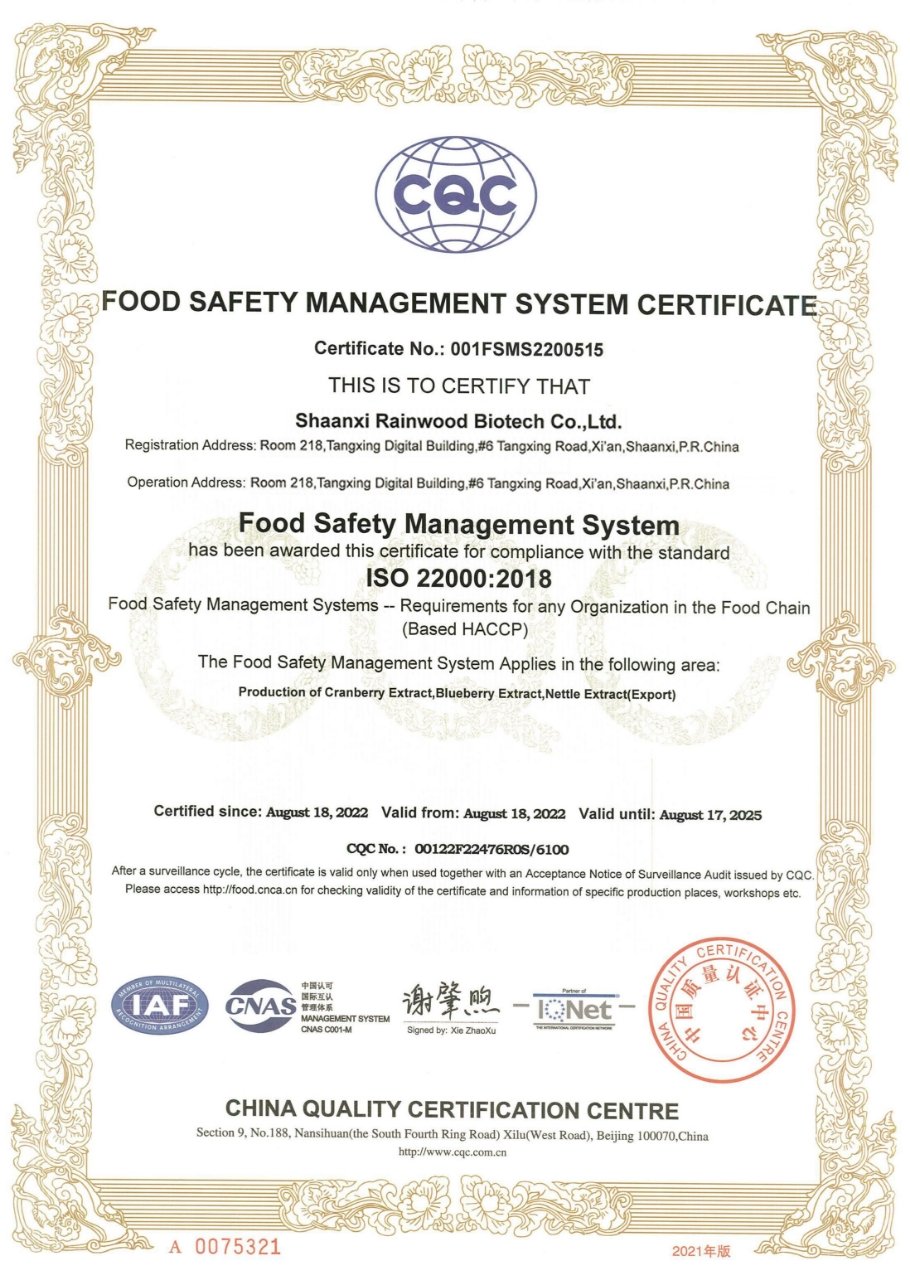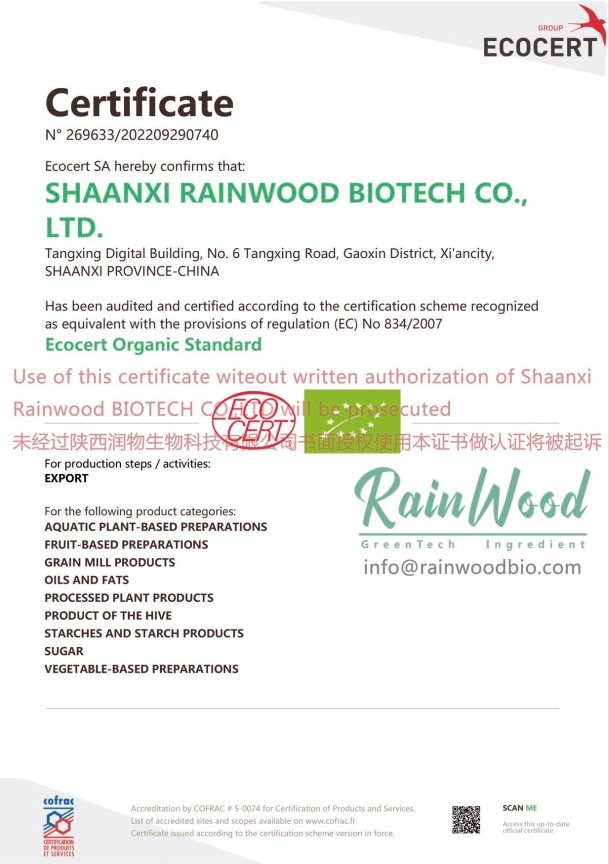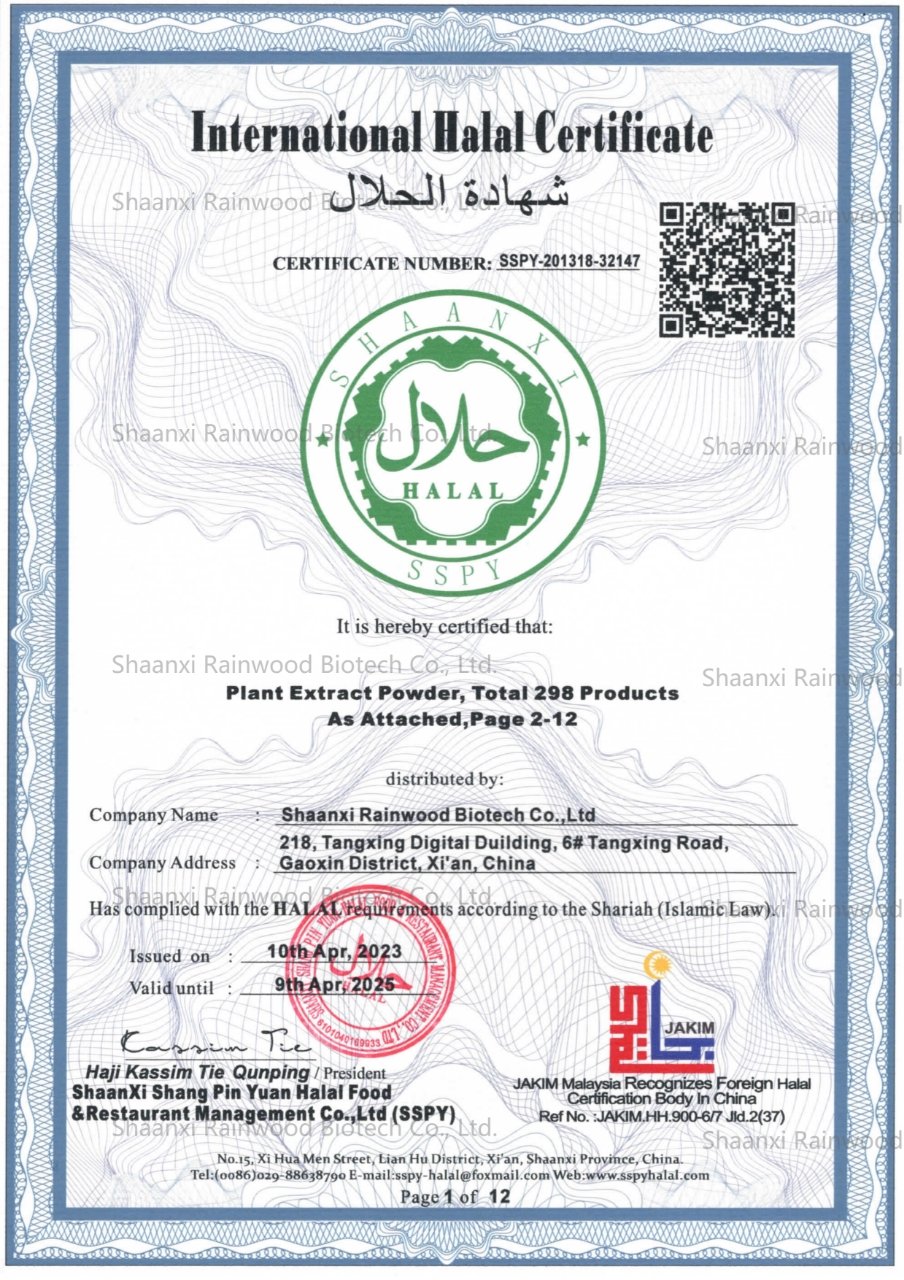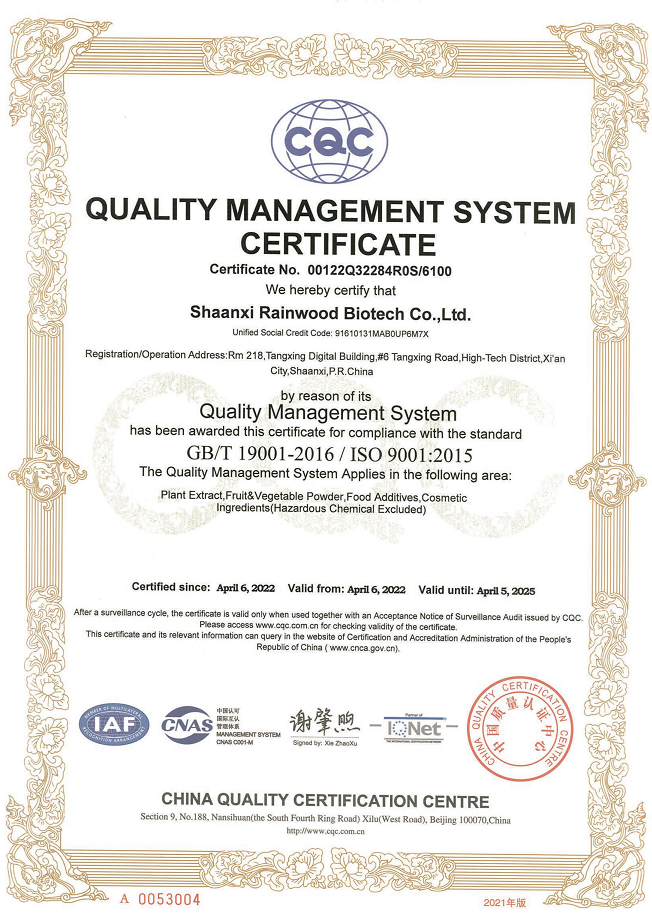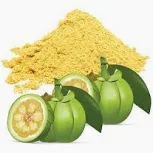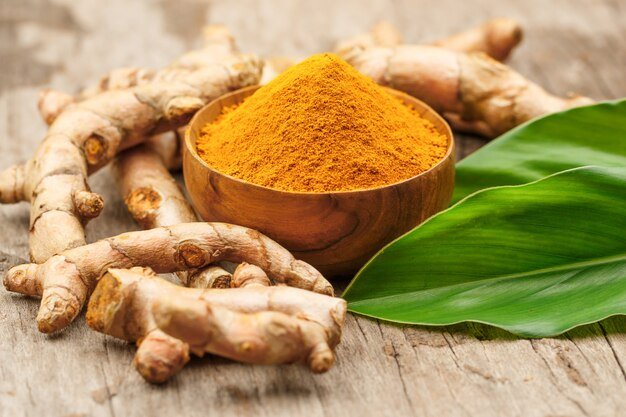Mushroom extracts and powders serve as popular supplements, each with distinct characteristics and potential benefits. The primary disparity lies in their purity, potency, and the extraction process they undergo.
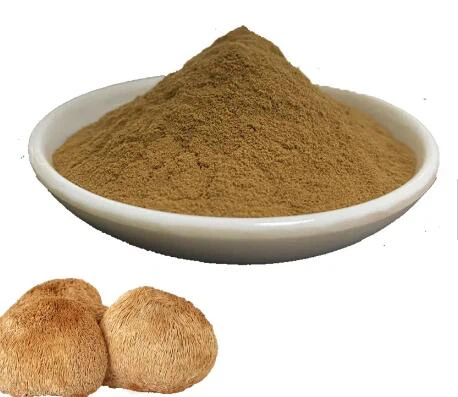
Pureness and Potency: A Crucial Distinction
The key distinction between mushroom powder and extract lies in their pureness and potency. Mushroom extracts, crafted through a meticulous extraction process, offer higher concentrations of beneficial compounds compared to powders. This heightened potency results in more impactful effects, making extracts a preferred choice for those seeking therapeutic benefits.
During extraction, crafters can isolate specific bioactive compounds, tailoring the extract to focus on desired therapeutic effects. This selectivity contributes to the effectiveness of mushroom extracts, supported by extensive research on their antioxidant and polysaccharide content.
It’s important to note that the quality of medicinal mushrooms and the parts used in the process significantly influences the potency of both extracts and powders. While the entire fruiting body of functional mushrooms contains a majority of beneficial compounds, the inclusion of mycelium intertwined with grain in formulations diminishes the potency of mushroom supplements.
Mushroom Powder vs. Mushroom Extract: An In-depth Comparison
Powder: Mushroom powders typically consist of dried and ground mushroom fruiting bodies, retaining their ingredients and fibers through a moderate-temperature drying process. The broader range of activity in powders makes them suitable for general nutritional needs. However, caution is advised, as certain drying processes may leave behind higher concentrations of toxins in some rare and expensive mushrooms.
Extract: Extracts offer enhanced control over components and significantly higher Beta-Glucan yields. Through prolonged cooking, extracts can contain up to 15 times more beta-glucans than powders. While some vitamins and minerals may be lost during processing, the concentration of essential compounds, including fungal polysaccharides, is markedly increased. Extracts generally require lower doses due to their concentrated nature, and their processing often eliminates cytotoxic compounds present in some mushrooms.
Mushroom Liquid Extract vs. Powder: Navigating Absorption Challenges
When aiming for specific effects, powdered supplements may contain insufficient active ingredients for optimal absorption. Extracts, with their concentrated composition, are often preferable, especially for obtaining abundant fungal beta-glucans. Combining extracts and powders in supplements allows individuals to benefit from both nutritional content and therapeutic effects.

Mushroom Powder vs. Capsule: Scrutinizing Contents
Capsules, commonly used for supplement intake, may harbor various ingredients beyond the active component. Many capsules incorporate fillers, such as maltodextrin, which serve as bulking agents but can impede the absorption of active ingredients. When selecting supplements, scrutinizing labels for fillers is crucial to ensure optimal absorption and effectiveness.
How to Make Mushroom Extract: A DIY Approach
Despite ongoing scientific exploration, medicinal mushroom extracts can be crafted at home. The extraction process involves isolating bioactive compounds, often achieved through tincture preparation. While home-made extracts lack specialized equipment, they provide a simple yet effective means of harnessing the antioxidant and anti-inflammatory properties of medicinal mushrooms.
Mushroom Extract or Powder: Making an Informed Choice
In the comparison between mushroom extract and powder, the processing of mushrooms stands out as a pivotal factor. While both commence with similar raw materials, extracts undergo a more concentrated and selective extraction process, amplifying their therapeutic potential. The choice between the two depends on individual preferences, nutritional needs, and specific health goals.
Effectiveness of Mushroom Powder: A Cognitive Boost
Mushroom powders, renowned for their positive impact on cognitive function, particularly shine in supporting brain health. For example, lion’s mane powder has demonstrated the ability to slow or reverse cell degeneration in the brain, offering potential benefits in mitigating the effects of neurodegenerative diseases. Widely used to enhance mental focus and clarity, mushroom powder remains a popular supplement for cognitive well-being.








